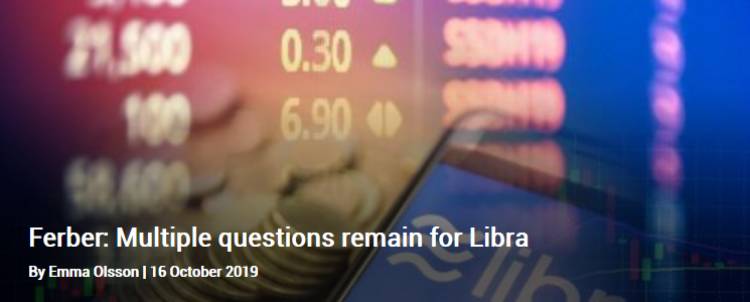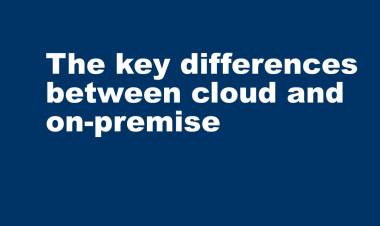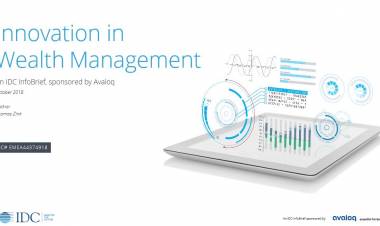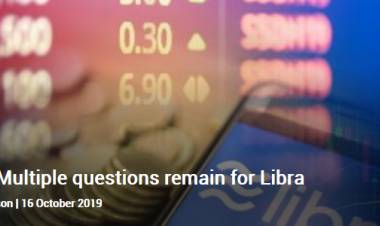Multiple questions remain for Libra

Politicians in Europe are still concerned over potential risks the Libra Association’s cryptocurrency could bring to markets.
“As regulators we have to take care that there is no regulatory arbitrage and everyone plays by the same rules,” said European Parliament member Markus Ferber, in an email. “That is why we need a framework for Libra.”
Following a meeting in Geneva on October 14, Libra announced a charter, council, board of directors, and an executive team – entities required to fulfil corporate governance rules in many jurisdictions.
Ferber’s concerns echo those of politicians and regulators alike who have raised questions over systematic risk created by the Facebook-backed cryptocurrency.
“When a company with a user base of more than two billion sets up a virtual currency, that comes by definition with a certain degree of systemic risk and raises a whole lot of questions that the Libra Association has not sufficiently answered yet. I am thinking about financial stability, protection of deposits, data protection and compliance with anti-money laundering rules,” he said.
The official Libra Association counts 21 members in total, down from the 28 who signed up to the project in June this year.
Online travel company Booking Holdings was the seventh partner to abandon the project in the past week, following big-name backers Paypal, Mastercard, and Visa. The companies all expressed their support for Libra, but cited reasons of regulatory risk for their departures, as reported in statements to The Verge and the Financial Times. Ferber suggests that a number of those firms leaving the project may have been motivated to do so thanks to concerns over anti-money laundering (AML) controls.
“If you consider that one payment services provider after the other is jumping ship now, the money laundering concerns seem to be warranted,” said Ferber.
However, according to a source close to the project, those behind Libra are attempting to approach it responsibly.
“The way that bigtech has traditionally operated is to invent something, go out, launch it into the world, and just try and break the system, and have the system catch up rapidly,” says the source. “I think in this instance, [Libra] haven’t done it like that.”
Just days before the Libra announcement, the US Commodity Futures Trading Commission, the Financial Crimes Enforcement Network, and the Securities and Exchange Commission released a joint statement in order to “remind persons engaged in activities involving digital assets of their anti-money laundering and countering the financing of terrorism (AML/CFT) obligations under the Bank Secrecy Act (BSA).”
Last week two US Senators wrote letters to Visa, Mastercard, and Stripe strongly urging them to consider the risk involved with Libra; later this month, Mark Zuckerberg will testify before Congress in relation to Facebook’s impact on financial services.
“I don’t think they’re putting too much pressure on Libra,” said Martha Bennett, vice president and principal analyst at Forrester, a consultancy, in an email.
“Even within the context of Facebook and past behaviours around privacy, this is the kind of project that is bound to end up in the cross-hairs of regulators … And given the continued lack of clarity around crucial details, close scrutiny is justified.”
According to Libra, the remit for the cryptocurrency is to reach the “unbanked”: that is, the 1.7 billion adults in the world who live without a bank account, according to Global Findex. Lacking a bank relationship and personal details such as a fixed address presents clear challenges to complying with national and regional AML and Know Your Customer (KYC) requirements.
Last July the US Federal Trade Commission fined Facebook $5bn for data breaches in the Cambridge Analytica case. Prior to that, the UpGuard Cyber Risk team reported three cases of data interference among third-party developed Facebook apps in April, which were responsible for more than 540 million records being leaked. Facebook’s historically volatile access to immense amounts of personal data remains a relevant concern for regulators. Calibra, a digital wallet for Libra that links to Facebook Messenger and WhatsApp, could open the door to this data.


















